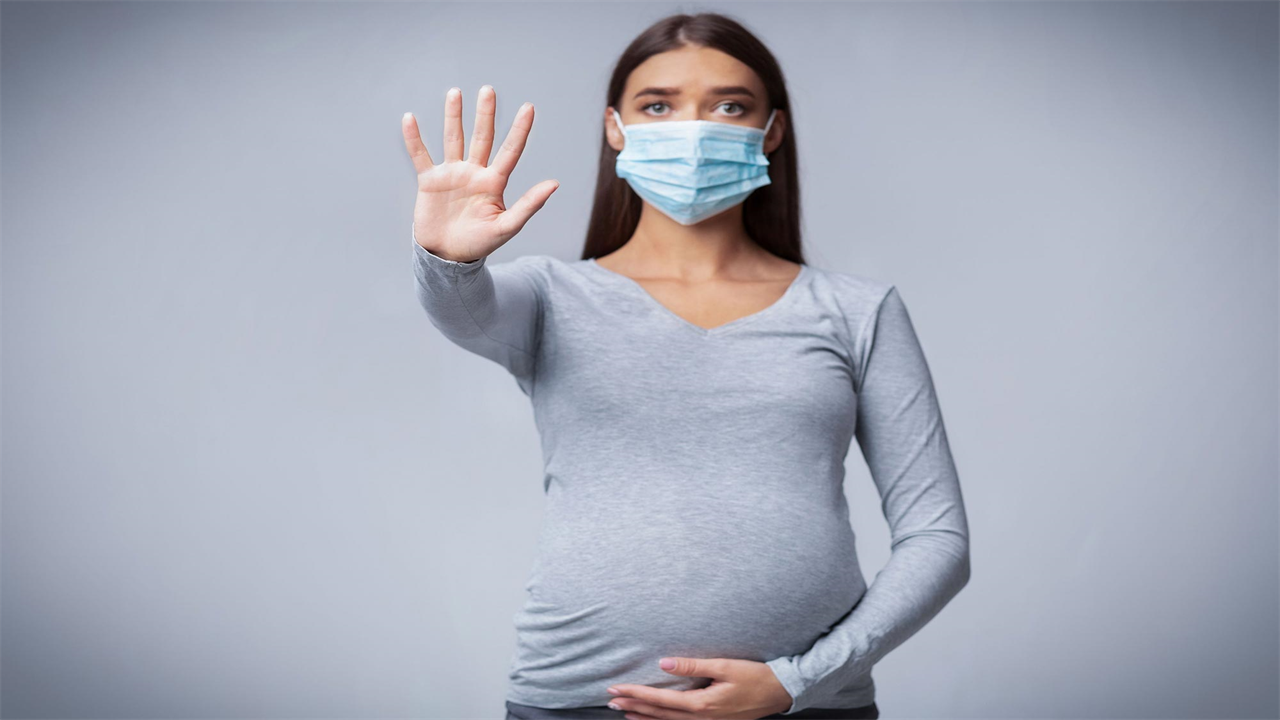COVID-19 Infection Increases Complications in Pregnancy and Birth
0 View
Share this Video
- Publish Date:
- 30 November, 2021
- Category:
- Covid
- Video License
- Standard License
- Imported From:
- Youtube
Tags

Pregnant women with COVID-19 are more likely to have pregnancy and birth complications compared to women without, according to research published today (Nov. 30, 2021) in the open-access journal PLOS Medicine. The study looks at hospital admissions for births in France during the first six months of the pandemic and suggests that vaccination may be helpful in protecting women and their babies, particularly for women at higher risk of developing severe COVID-19 infections. .
Few studies have looked at links between COVID-19 and pregnancy outcomes, particularly during the first wave in early 2020. Sylvie Epelboin and colleagues at the Université de Paris analyzed data on hospitalizations for births at 22 weeks gestation in France between January and June 2020. March 15, all confirmed cases of COVID were hospitalized, but after that, hospitalization was based on the patient’s medical condition. Of the 244,465 hospital deliveries, 874 or 0.36% of mothers had been diagnosed with COVID-19.
Women in the COVID-19 group were more likely to be older, be obese, carry more than one baby, or have a history of high blood pressure compared to women without. The women with COVID-19 had a higher ICU admission rate; dead; preeclampsia and eclampsia; gestational hypertension; bleeding before or after birth; very premature spontaneous or induced birth; and cesarean section. The rates of pregnancy terminations, stillbirths, gestational diabetes, placenta previa, placental abruption and blood clots were not increased.
Being aware of these complications is important for health care providers to support pregnant women and provide the best care. The authors believe that while causality cannot be established in this study, vaccination to protect pregnant women from COVID-19 may be helpful, especially for those in higher-risk groups.
The authors add: “We performed a retrospective analysis of prospectively collected data in a national cohort of all hospitalizations for births ≥22 weeks gestation in France from January to June 2020 using the French National Hospitalization Database, including a total of 244645 births, of which 874 (0.36%) were diagnosed with COVID-19 Compared to the non-COVID-19 group, women in the COVID-19 group were associated with an increased frequency of ICU admission, mortality, pre- eclampsia/eclampsia, gestational hypertension, postpartum hemorrhage, spontaneous and induced preterm and very preterm birth, fetal distress and caesarean section.”
Reference: “Obstetric outcomes and maternal morbidities associated with COVID-19 in pregnant women in France: a national retrospective cohort study” by Epelboin S, Labrosse J, De Mouzon J, Fauque P, Gervoise-Boyer MJ, Levy R, et al., November 30, 2021, PLOS Medicine.
DOI: 10.1371/journal.pmed.1003857










